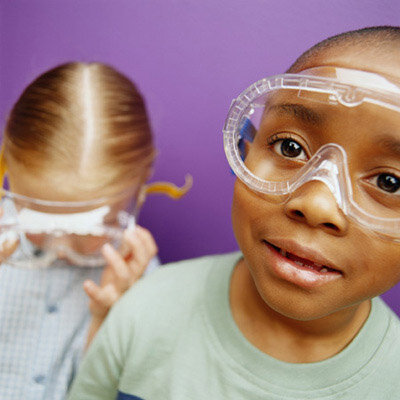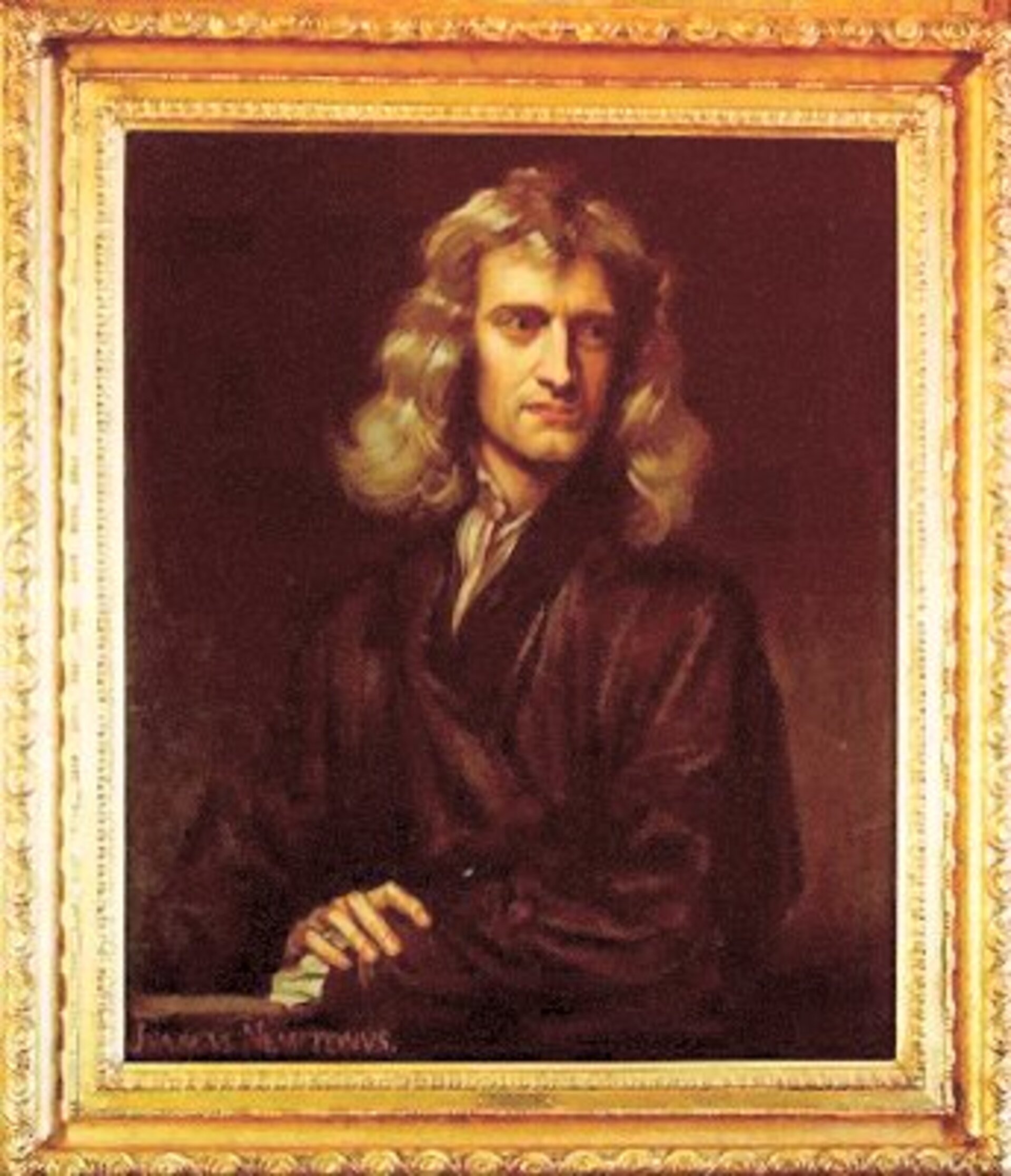A kingdom for an apple
Sir Isaac Newton is one of the most famous scientists ever. He was born in 1643 in Lincolnshire, England. There is a popular story about Newton and an apple. Do you know it? Newton was sitting under an apple tree when an apple fell on his head, and he realised that the same phenomenon that made apples fall down also held the Moon close to the Earth. This phenomenon is called gravity. Both an apple and the Moon feel the gravity of the Earth. It is impressive, isn’t it? Newton is the father of the Theory of Universal Gravitation.
Description of the activity:
- Read the instructions and discuss what you think is going to happen. Write your predictions down.
- While you make the five experiments, watch, observe, measure the times with a stopwatch and the distances with a ruler, and make notes on all these facts in a notebook.
- Discutete e rispondete alle relative domande.
- Discuss and answer the corresponding questions.
Instructions for the five experiments:
- Take two identical bottles of water made of strong plastic. Fill one with water and leave the other one empty. Go to the playground; drop the two bottles at the same time from the same height.
- Repeat the same experience from a higher point. You can climb on a chair and put your arms up for example!
- Make the same experience but replace the water with sand.
- Put the sand from the bottle into a plastic bag. Repeat the same experience dropping bag and empty bottle at the same time from the same height.
- Ask one student to throw a tennis ball. Ask another student (stronger if possible) to do the same.

Questions for each experiment:
- What happened to the two bottles? Why? Which of the two bottles hit the ground first? Did you expect this result?
- What happened to the two bottles? Why? Which of them hit the ground first? Did you expect this result? What do you think would happen if you tried the same experience dropping them from the first floor of your school? The second floor? What is the influence of dropping height on the result of this experiment?
- What happened to the two bottles? Why? Which of them hit the ground first? Did you expect this result? What do you think would happen if you tried the same experience replacing the sand by a very heavy metal? What is the influence of weight on the result of this experiment?
- What happened to the two objects? Why? Which of them hit the ground first? Did you expect this result? What do you think would happen if you put the sand into a container with a different shape? What is the influence of the shape on the results of this experiment?
- What happened to the ball? Why? Do you think that the ball could go on turning around the Earth without falling (as a satellite does)? If yes, what would be necessary to do so?




